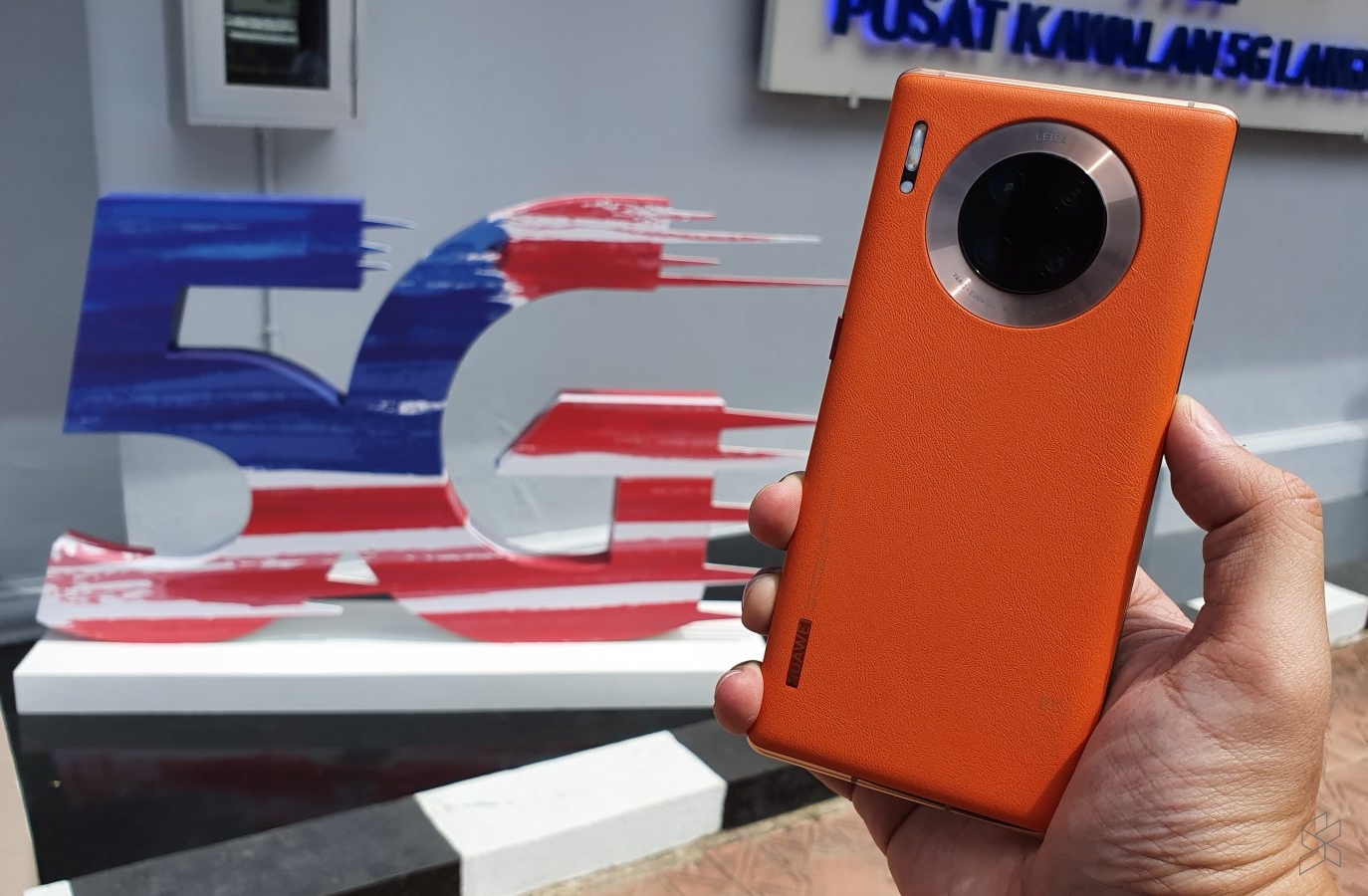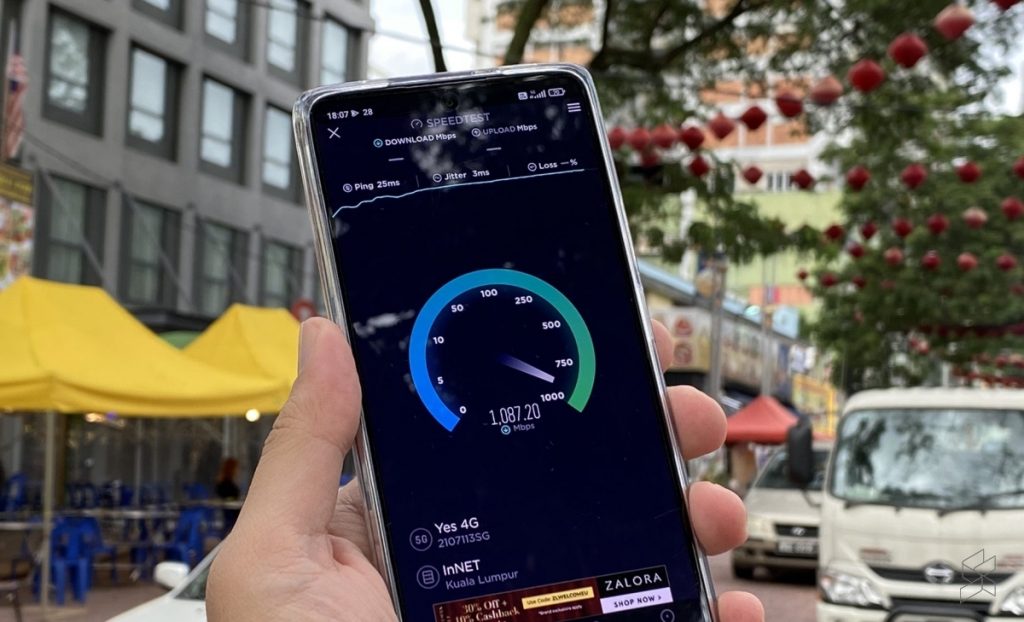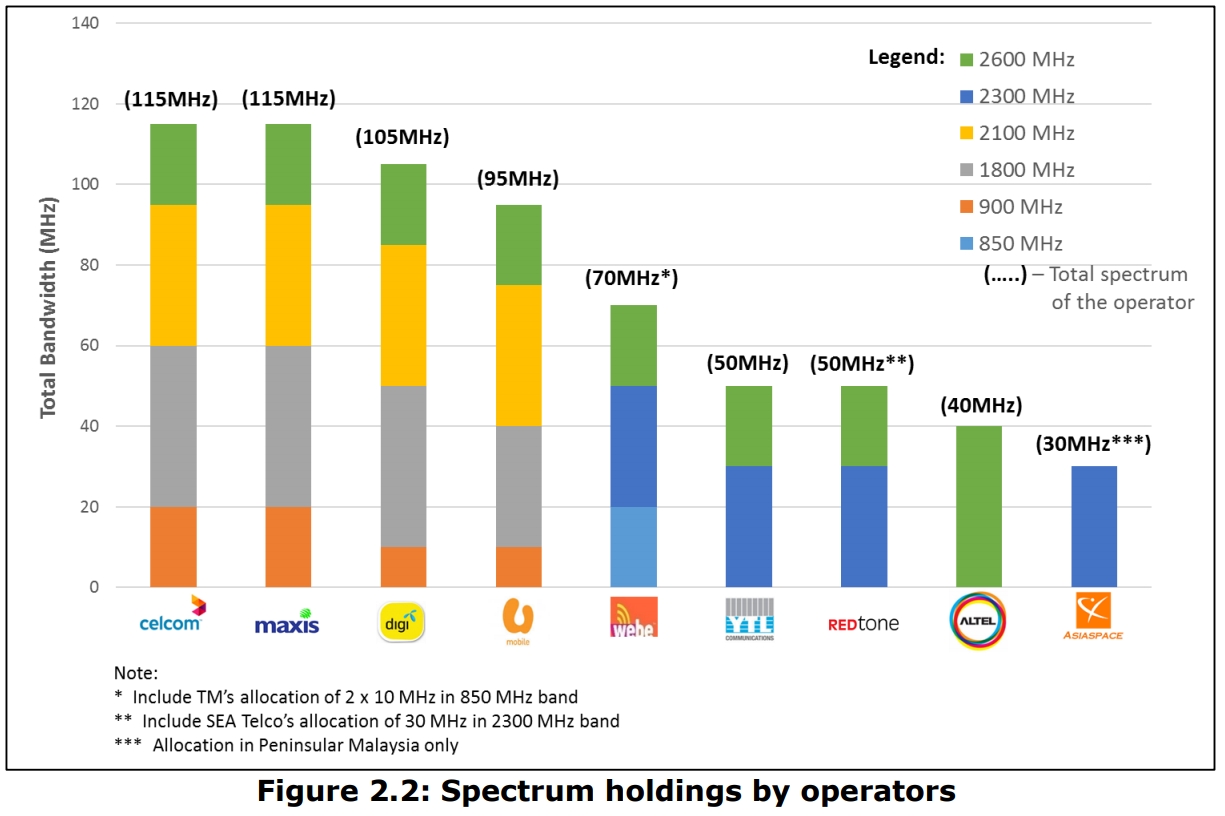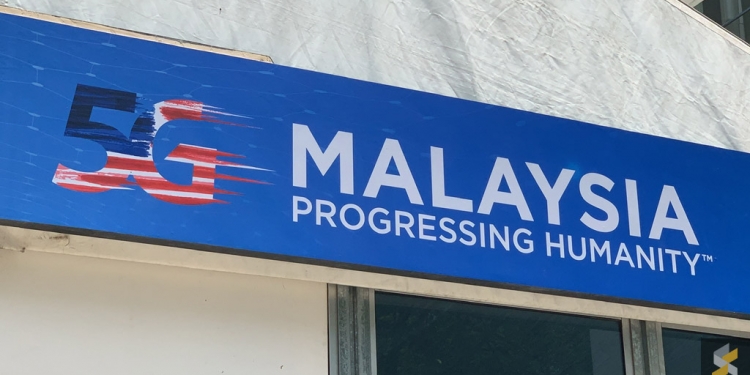While Malaysia is still reviewing the current 5G rollout plans via Digital Nasional Berhad (DNB), former Malaysian Communications and Multimedia Commission (MCMC) Chairman Al-Ishsal Ishak has shared a couple of pointers to liberalise the existing Single Wholesale Network. He also shared how current telcos can be involved in the 5G deployment using their existing spectrum.
In a report by Macquarie Research, Al-Ishsal said he believed in a demand-led 5G deployment as it will lower execution risks and spur CAPEX investments by the telcos. However, he said there’s currently minimal visibility into the contracts signed by DNB and it would be tricky to make a revision without having a negative impact on the country’s finances.
However, what can be done at the moment is to reinstate the technology neutrality of the existing spectrum assigned to current telcos which were revoked in July 2021. Without technology neutrality, existing telcos are blocked from offering 5G as they are only permitted to use their spectrum up to 4G. He said the government could liberalise 5G by allowing mobile network operators to refarm their existing spectrums for 5G, which will enable healthy competition, similar to Japan. He believes that the existing spectrum assigned to the telcos can be used for both 4G and 5G optimally with Dynamic Spectrum Sharing (DSS).

Among the players, he said CelcomDigi will have the added advantage to roll out 5G using their existing spectrum as the newly merged entity currently has the largest pool of spectrum even after the spectrum divestment is completed. Since DNB’s 5G spectrums are awarded based on apparatus assignment with annual fees, he believes the government has some flexibility to rethink its 5G deployment strategy.
At the moment, DNB is the sole entity that has been allowed to deploy 5G in Malaysia and it has been assigned the 700MHz, 3.5GHz and 26/28GHz spectrum. Early this month, DNB claimed to have exceeded its target by achieving close to 50% 5G population coverage with 3,900 sites as of 31st December 2022. A total of 5 telcos have signed 5G access agreements with DNB which include Celcom, Digi, Telekom Malaysia, U Mobile and YTL Communications. Maxis has not signed the 5G access agreement and are waiting for the government to complete its review of DNB before making a decision.

DNB has insisted that having a second 5G network would be detrimental to the country. According to the single wholesale network, a competing network will cause inefficiencies as the 5G spectrum would have to be split into two. As a result, DNB would need to build an additional 8,000 sites and this means higher cost and slower deployment. DNB said sharing the spectrum with more players would also affect performance with peak speeds reduced by 50%.
DNB also doesn’t believe that using DSS would be effective in delivering high-quality mobile services to consumers. It added that using the same spectrum for 4G and 5G would result in reduced spectrum efficiency and is unlikely to deliver the minimum 100Mbps speed at the cell edge that’s currently promised by DNB.
Dynamic Spectrum Sharing has been used in various 5G networks worldwide to accelerate 5G deployment while waiting for more spectrum to be available. If Malaysian telcos are given back technology neutrality for their spectrum, they could roll out 5G using their existing 1800MHz, 2300MHz and 2600MHz bands without interfering with DNB’s current rollout. During the 5G Demonstration Project in 2020, Telekom Malaysia had shared plans to use 700MHz for both 4G and 5G services, which can help to address rural broadband connectivity.

According to GSMA’s 5G Spectrum Public Policy Position, 5G requires spectrum across low, mid, and high bands. It said the 2.3 GHz and 2.6GHz bands should also be licensed to operators for 5G use, and all existing and new licences should be technology-neutral to allow their evolution to 5G services.
After forming a new unity government, Prime Minister Anwar Ibrahim said his administration will review Malaysia’s 5G deployment via DNB as he believes it was not done in a transparent manner and there was no tender. Communications and Multimedia Minister Fahmi Fadzil said the review is expected to be completed by Q1 2023.
Al-Ishsal was appointed as the MCMC Chairman in 2018 by former Communications and Minister Gobind Singh. He was replaced by Dr Fadhlullah Suhaimi after Saifuddin Abdullah took over the Communications and Multimedia Ministry following the Sheraton Move in 2020.








